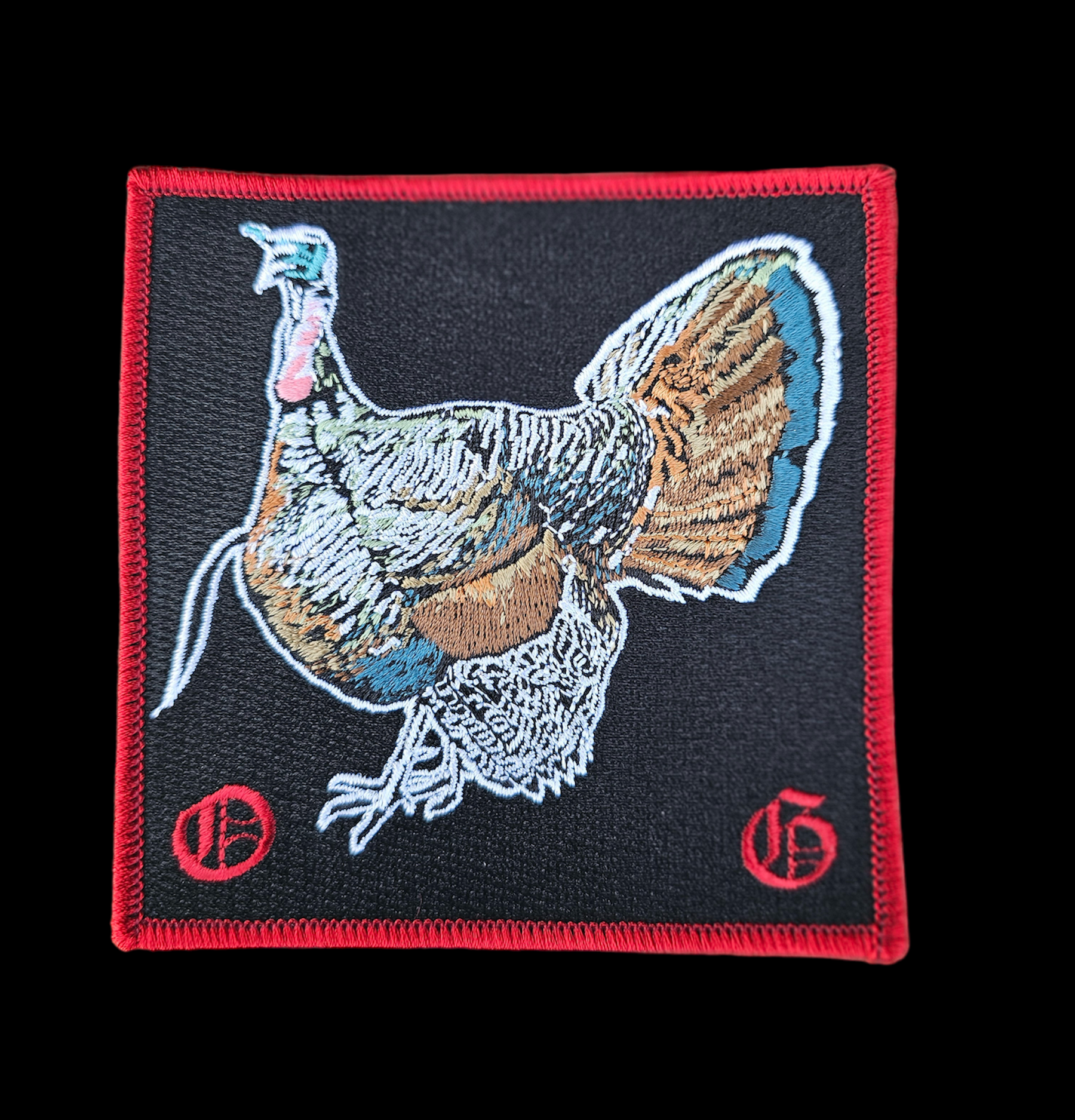       |
Turkey hunting forum for turkey hunting tipsThe world needs to eat less meat to save the planet
Help me understand basic calling strategiesStarted by frogfish, January 21, 2012, 11:35:18 PM Previous topic - Next topic
User actions
|
       |
Turkey hunting forum for turkey hunting tipsThe world needs to eat less meat to save the planet
Help me understand basic calling strategiesStarted by frogfish, January 21, 2012, 11:35:18 PM Previous topic - Next topic
User actions
|